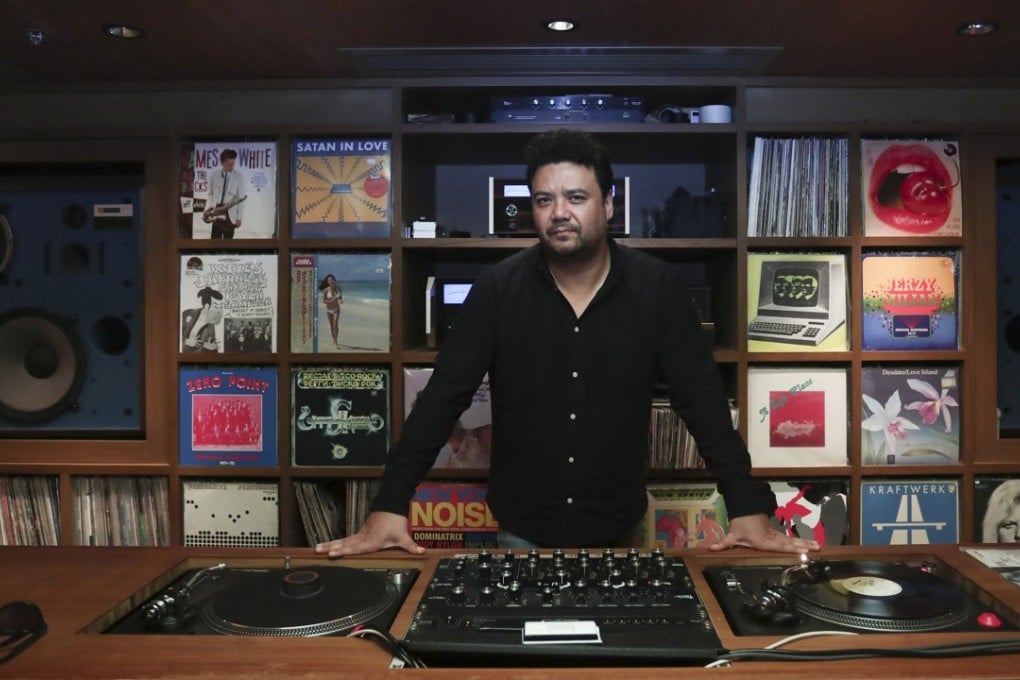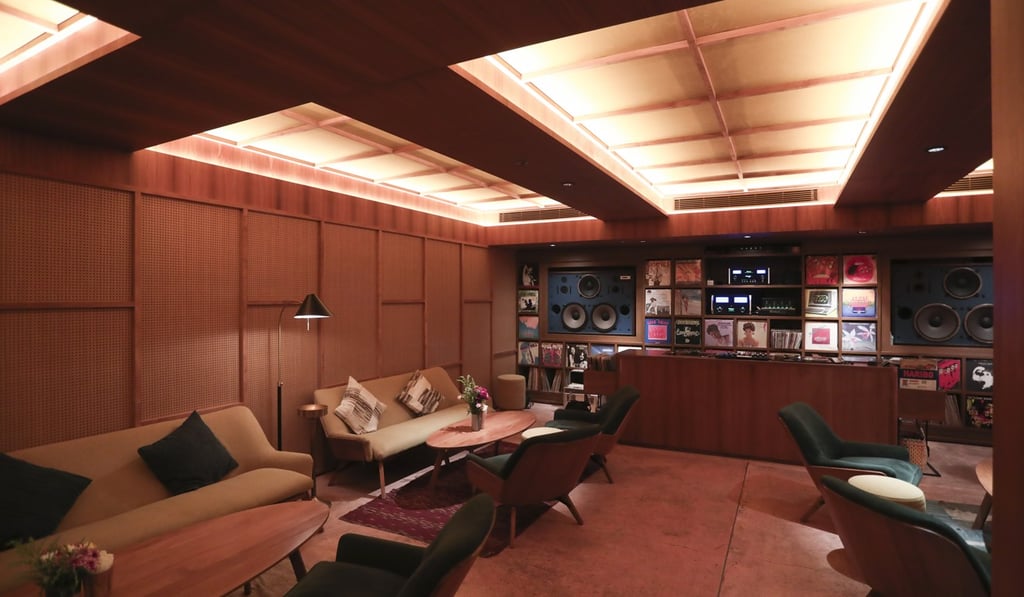Hong Kong’s most innovative music venue is anything but predictable
The Music Room of Potato Head restaurant in Sai Ying Pun is challenging the notion that people will only listen to certain sorts of music

You wouldn’t expect Hong Kong’s most innovative music venue to be (a) a tiny hidden room at the back of a restaurant, or (b) in Sai Ying Pun. Nothing about Potato Head’s Music Room, though, is particularly predictable.
Hidden away down a rabbit warren of corridors – finding it is like digging through a crate for an obscure record – the Music Room is an audiophile heaven, with a magnificent vintage sound system and acoustic treatment to maximise sound quality, set amid handsome ‘70s Scandinavian-Japanese decor, the work of Japanese architect Sou Fujimoto.
Its mission is to challenge the notion that people will only come to listen to certain sorts of music; the monthly Ethiopian jazz 7-inch nights it formerly hosted, for example, have to be the most niche regular music events in Hong Kong’s history.
It has an in-house collection of 8,000 vinyl records, many of them extremely rare, and is open nightly for anyone to visit.
